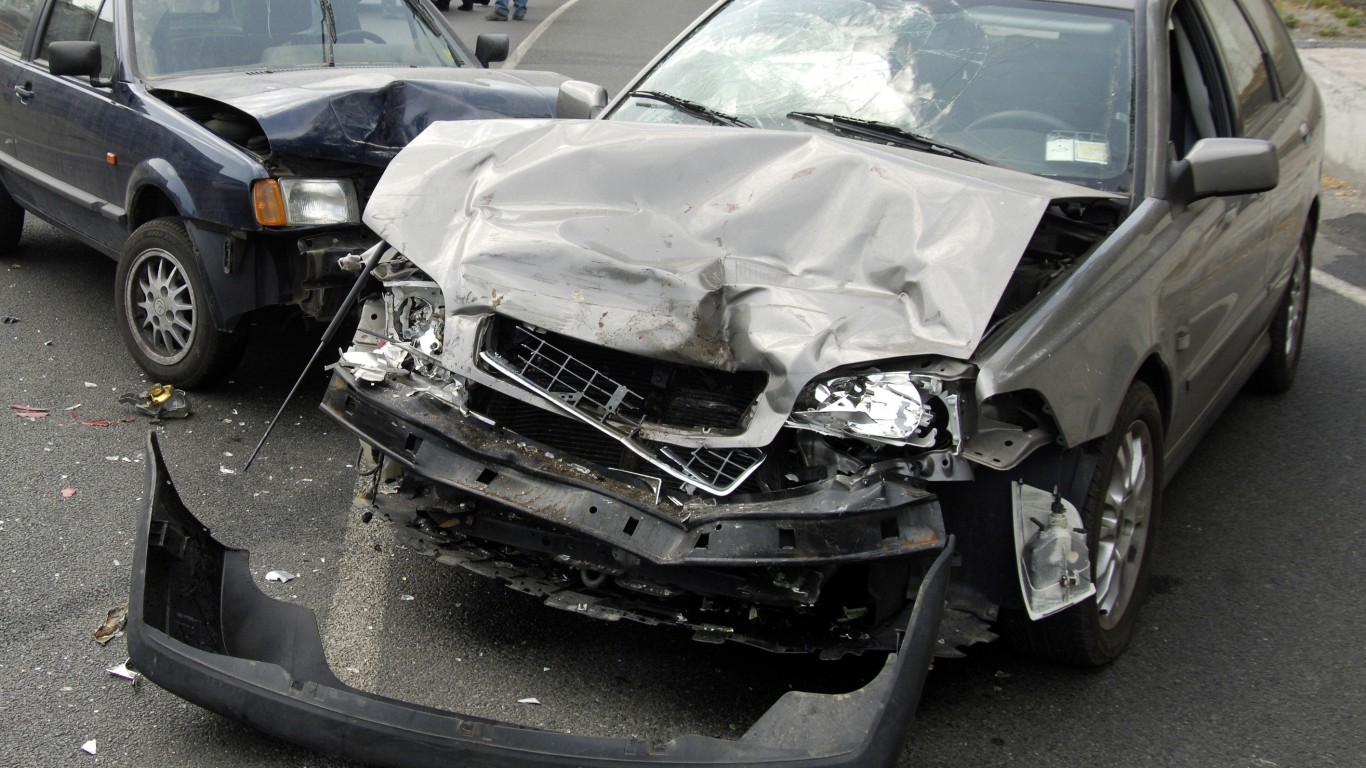 Two brand new planes — the Boeing (NYSE: BA) 787 Dreamliner and Airbus super jumbo A380 — have developed cracks. It is an extraordinary piece of news, given the years it took to design, build and test the products. Airlines have held off stiff criticism of the manufacturers — until now. That left open the issue of what the two companies might pay in penalties. But Emirate Airlines has begun a process that could cost Airbus and Boeing hundreds of millions of dollars. That is only fair.
Two brand new planes — the Boeing (NYSE: BA) 787 Dreamliner and Airbus super jumbo A380 — have developed cracks. It is an extraordinary piece of news, given the years it took to design, build and test the products. Airlines have held off stiff criticism of the manufacturers — until now. That left open the issue of what the two companies might pay in penalties. But Emirate Airlines has begun a process that could cost Airbus and Boeing hundreds of millions of dollars. That is only fair.
Emirate Air is the world’s largest operator of A380s. The Financial Times reports that the carrier will seek large sums of compensation from Airbus because of lost revenue as the planes have been grounded. The sum is already $90 million, the carrier’s president said. There is no ready fix for cracks in the plane’s wings, so that cost could mount.
Emirate Air is not the only carrier that has problems with the A380. Qantas and Korean Air have grounded much of their fleets. Each almost certainly has lost large sums while the planes have been out of service, in some cases for weeks. The problem finally reached the point that all A380s will need to be examined.
At nearly the same time as the A380 issues emerged, the Boeing 787 Dreamliner developed trouble with some of the composite material in the tails of the planes. Boeing said as many as 55 aircraft were affected. The problem comes after a set of delays that made the delivery of the plane at least three years late.
Boeing and Airbus will face resistance from customers, and entirely reasonable resistance, if it claims the cracks were a normal part of the launch of a new product that has millions of parts. The argument has no merit at all. Each plane costs tens of millions of dollars for the carriers that buy it. Boeing and Airbus should pay for any time that the 787 and A380 are out of service, no matter what the manufacturers incur in losses for themselves and their shareholders. Whether shareholders also ask for compensation is an entirely different matter. For now, new planes with broken parts should trigger compensation and penalties immediately.
Douglas A. McIntyre
Travel Cards Are Getting Too Good To Ignore (sponsored)
Credit card companies are pulling out all the stops, with the issuers are offering insane travel rewards and perks.
We’re talking huge sign-up bonuses, points on every purchase, and benefits like lounge access, travel credits, and free hotel nights. For travelers, these rewards can add up to thousands of dollars in flights, upgrades, and luxury experiences every year.
It’s like getting paid to travel — and it’s available to qualified borrowers who know where to look.
We’ve rounded up some of the best travel credit cards on the market. Click here to see the list. Don’t miss these offers — they won’t be this good forever.
Thank you for reading! Have some feedback for us?
Contact the 24/7 Wall St. editorial team.


